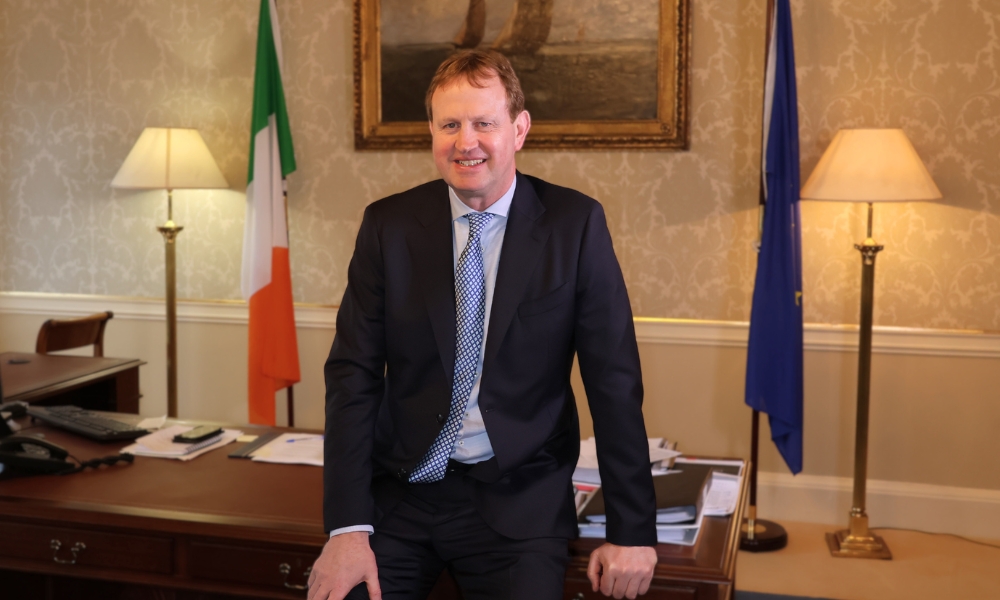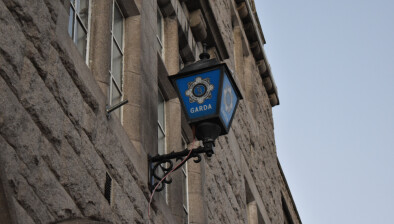Local community safety partnerships to be established nationwide

Jim O'Callaghan
Regulations paving the way for new local community safety partnerships (LCSPs) to begin their work across the State have come into effect.
The new LCSPs replace the old joint policing committee (JPCs) in line with a recommendation from the Commission on the Future of Policing in Ireland put into law last year.
A total of 36 safety partnerships will be established in every local authority area, with up to 30 members in each.
The partnerships will have a broader membership than JPCs, with mandatory members including local councillors, local authority officials, An Garda Síochána, representatives from the HSE and the Child and Family Agency Tusla.
Local residents, members representing youth groups, the older population, new and minority groups, business and education representatives will also be included.
Each LCSP can hold as many meetings as needed but they must hold at least six meetings annually.
Members of the public must be allowed to attend one of those meetings, while Oireachtas members and all locally elected public representatives will have opportunities to engage by attending at least one LCSP meeting.
Each LCSP will be led by a voluntary chairperson and vice-chairperson, elected from the membership, and will be supported by a coordinator and an administrator role.
Each will be required to develop and implement its own tailored community safety plan.
The partnerships are intended to take a strategic approach to their work so that issues arising can be dealt with in a coordinated manner and addressed collectively by relevant service providers in partnership with the community.
Jim O’Callaghan, the justice minister, said today: “I am very pleased to sign the regulations which means local community safety partnerships can now be established across the country.
“The regulations outline how they will operate in practice, transparently and efficiently, with each partnership having a clear mandate and strong local engagement at its core.
“Local community safety partnerships reflect a significant step towards a much more collaborative, responsive, and locally driven approach to community safety.”
He continued: “Community safety means local elected representatives, state agencies, community organisations and the public working together with An Garda Síochána to help make our communities safer and more connected.
“While Ireland is generally regarded as a safe country with relatively low crime rates, some communities may experience a different reality.
“We need the structures in place at a local level so longer-term solutions that are not focused solely on policing can be put in place. Public lighting, waste collection, public spaces, the location of services, can all contribute to feelings of safety in our towns.”









